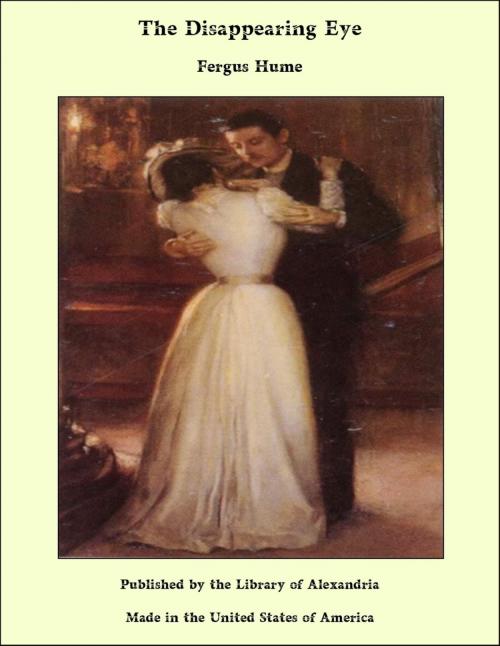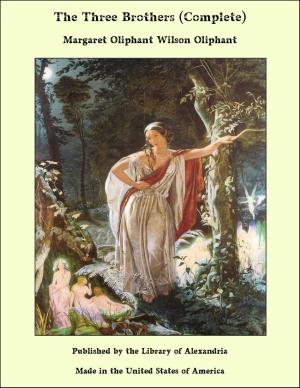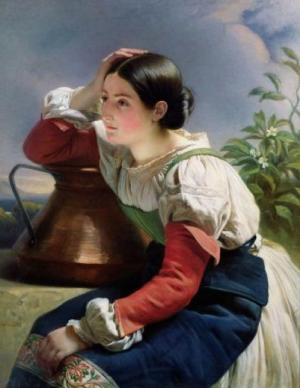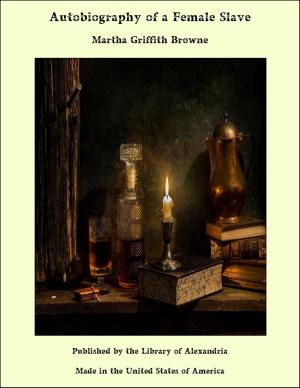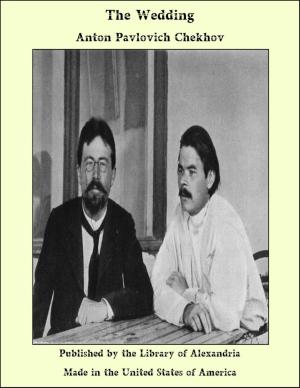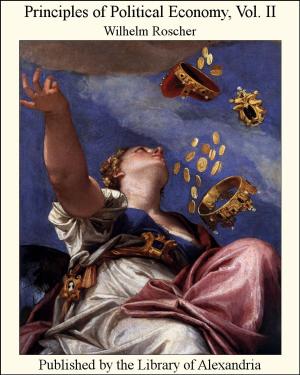| Author: | Fergus Hume | ISBN: | 9781465619310 |
| Publisher: | Library of Alexandria | Publication: | March 8, 2015 |
| Imprint: | Language: | English |
| Author: | Fergus Hume |
| ISBN: | 9781465619310 |
| Publisher: | Library of Alexandria |
| Publication: | March 8, 2015 |
| Imprint: | |
| Language: | English |
Motoring was the one form of amusement which I truly enjoyed, and which a somewhat limited income earned by hard brain-work enabled me to indulge in. But the indulgence precluded my partaking in many other pleasures of this luxurious age, for the Rippler had cost much to buy and cost a considerable sum monthly to keep going. But motoring is less expensive than horse-racing and doctors' bills; and the fresh air, after enforced sedentary deskwork, swept away possible illness. As a moderately popular playwright I made a tolerably good income, although less than I was credited with earning. Still by devoting myself to two machines, a motor and a type-writer, one for play and the other for work, I managed to keep out of debt and keep my Rippler at the same time. But because the machine was a smart one, and because I was constantly on the move between whiles of manufacturing melodramas, people declared that I was a literary millionaire. As though any writer ever became a Crœsus. I must say that I had greater ambitions than to write cheap sensational plays, and that I did write them at all was due--as it would seem--to mere chance. After I left Oxford my parents died, and--owing to their extravagances--everything was sold. I came to London with an income of fifty pounds a year. I could not exactly starve on one pound a week, but I had a sufficiently bad time, and tried to supplement my income by writing for the papers. An old actor, boarding at a house wherein I had taken up my abode, suggested that I should attempt a melodrama. I did so with his assistance, and between us we managed to get it staged at a small theatre in the East End. To my surprise, the play was a great success, being sufficiently lurid to capture the tastes of the somewhat rough audience. Since that time I had been committed to this particular form of entertainment, and try as I might I could not escape from the memory of my first hit. But I did not surrender my earlier ambitions, as I have before stated. I worked hard at the cheap sensational plays, which were produced at second-class theatres, and saved all the money I could, in the hope of gathering together sufficient principal to give me an assured income of five hundred a year. When independent, I determined to devote myself to writing really good plays--high-class comedies and poetic dramas for choice--but meanwhile served my apprenticeship to the writing craft under the eye of the public. On the whole, I had very little to complain about, and my portion of the viands at Life's Banquet was moderately tempting, if not superlatively delicate.
Motoring was the one form of amusement which I truly enjoyed, and which a somewhat limited income earned by hard brain-work enabled me to indulge in. But the indulgence precluded my partaking in many other pleasures of this luxurious age, for the Rippler had cost much to buy and cost a considerable sum monthly to keep going. But motoring is less expensive than horse-racing and doctors' bills; and the fresh air, after enforced sedentary deskwork, swept away possible illness. As a moderately popular playwright I made a tolerably good income, although less than I was credited with earning. Still by devoting myself to two machines, a motor and a type-writer, one for play and the other for work, I managed to keep out of debt and keep my Rippler at the same time. But because the machine was a smart one, and because I was constantly on the move between whiles of manufacturing melodramas, people declared that I was a literary millionaire. As though any writer ever became a Crœsus. I must say that I had greater ambitions than to write cheap sensational plays, and that I did write them at all was due--as it would seem--to mere chance. After I left Oxford my parents died, and--owing to their extravagances--everything was sold. I came to London with an income of fifty pounds a year. I could not exactly starve on one pound a week, but I had a sufficiently bad time, and tried to supplement my income by writing for the papers. An old actor, boarding at a house wherein I had taken up my abode, suggested that I should attempt a melodrama. I did so with his assistance, and between us we managed to get it staged at a small theatre in the East End. To my surprise, the play was a great success, being sufficiently lurid to capture the tastes of the somewhat rough audience. Since that time I had been committed to this particular form of entertainment, and try as I might I could not escape from the memory of my first hit. But I did not surrender my earlier ambitions, as I have before stated. I worked hard at the cheap sensational plays, which were produced at second-class theatres, and saved all the money I could, in the hope of gathering together sufficient principal to give me an assured income of five hundred a year. When independent, I determined to devote myself to writing really good plays--high-class comedies and poetic dramas for choice--but meanwhile served my apprenticeship to the writing craft under the eye of the public. On the whole, I had very little to complain about, and my portion of the viands at Life's Banquet was moderately tempting, if not superlatively delicate.
